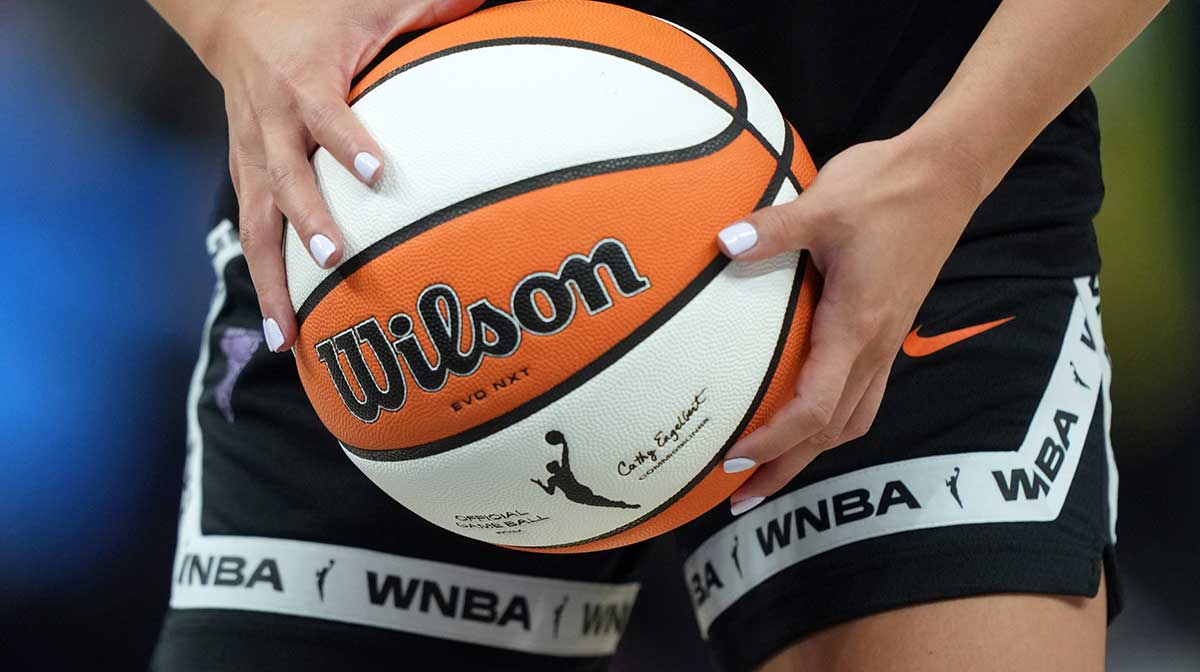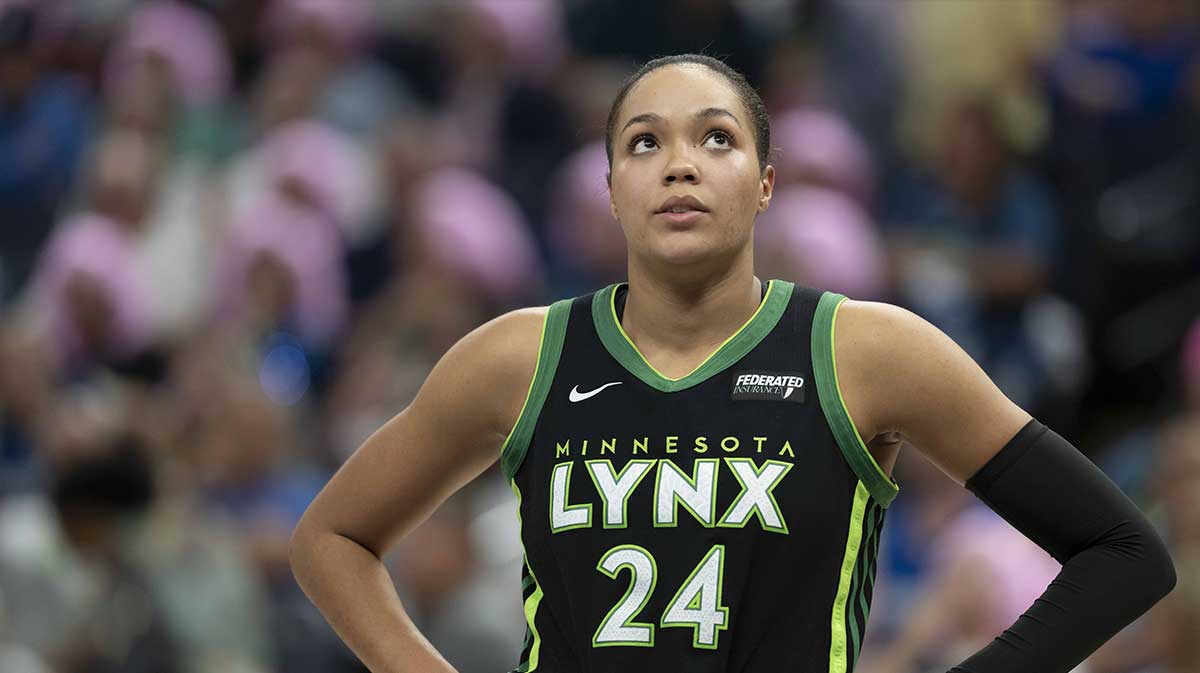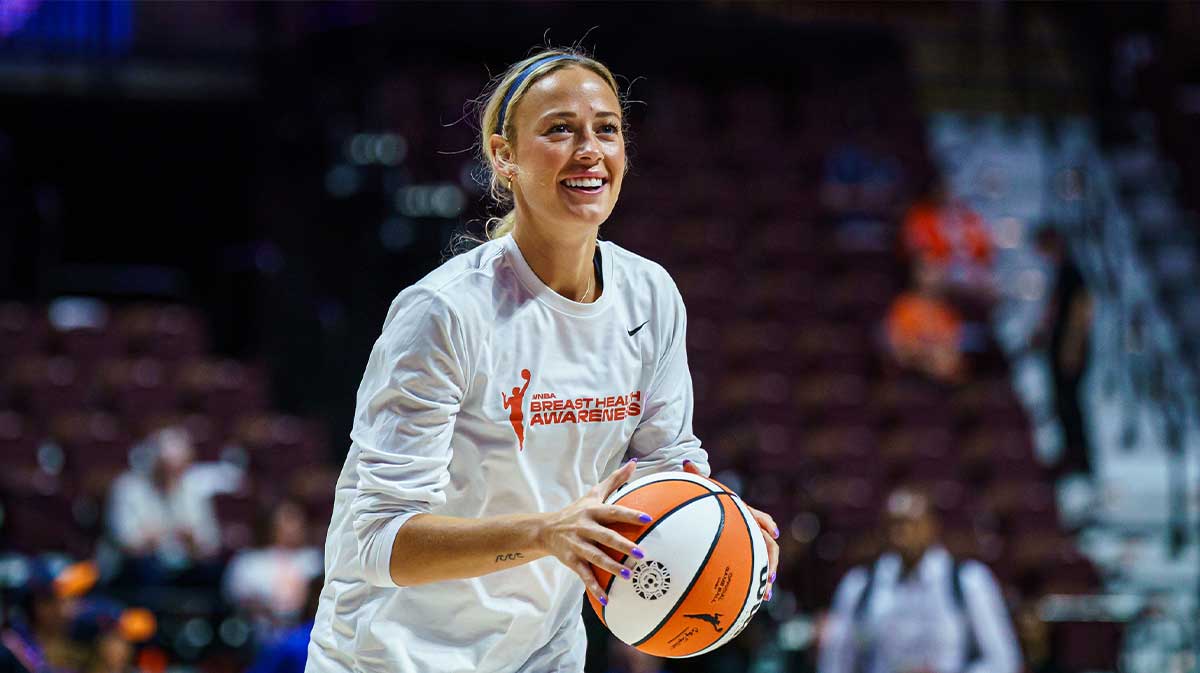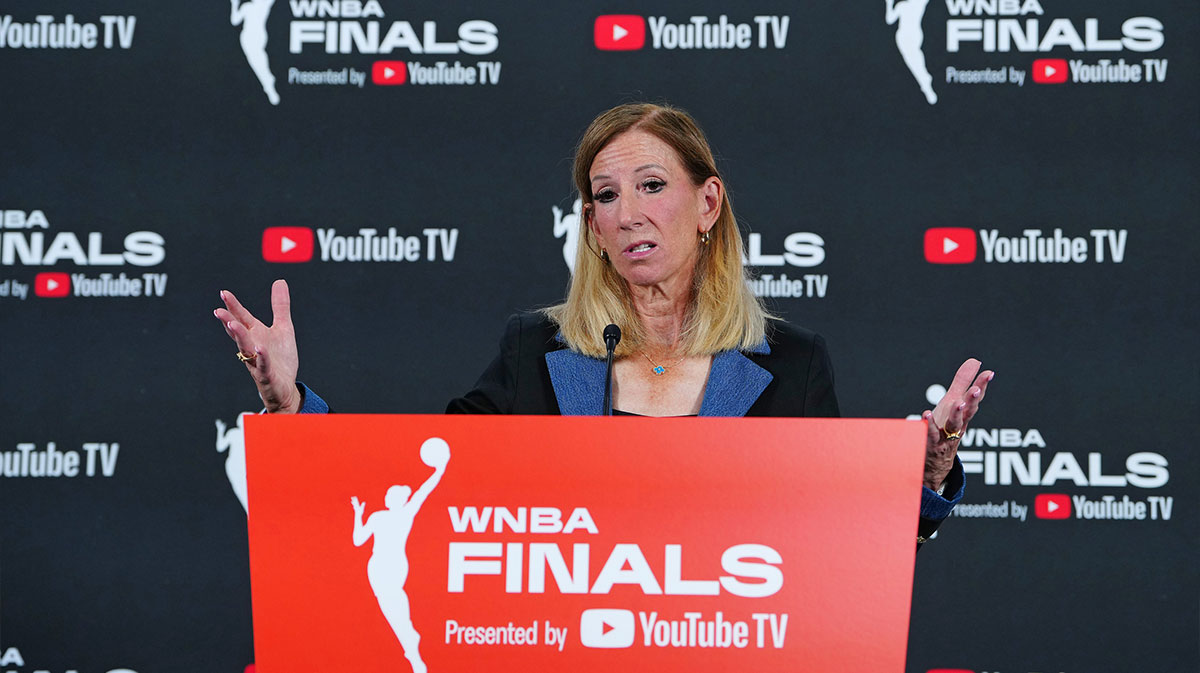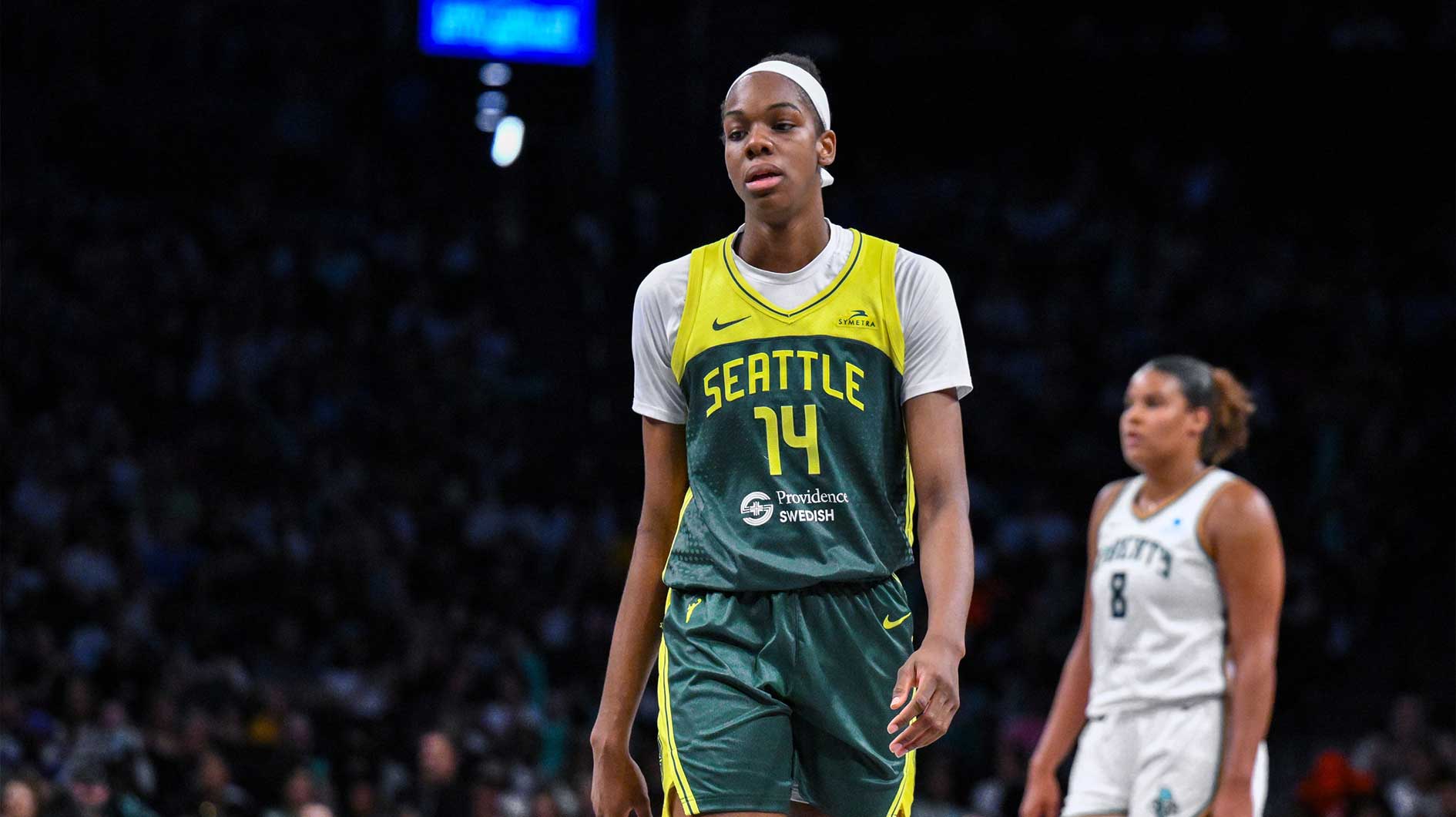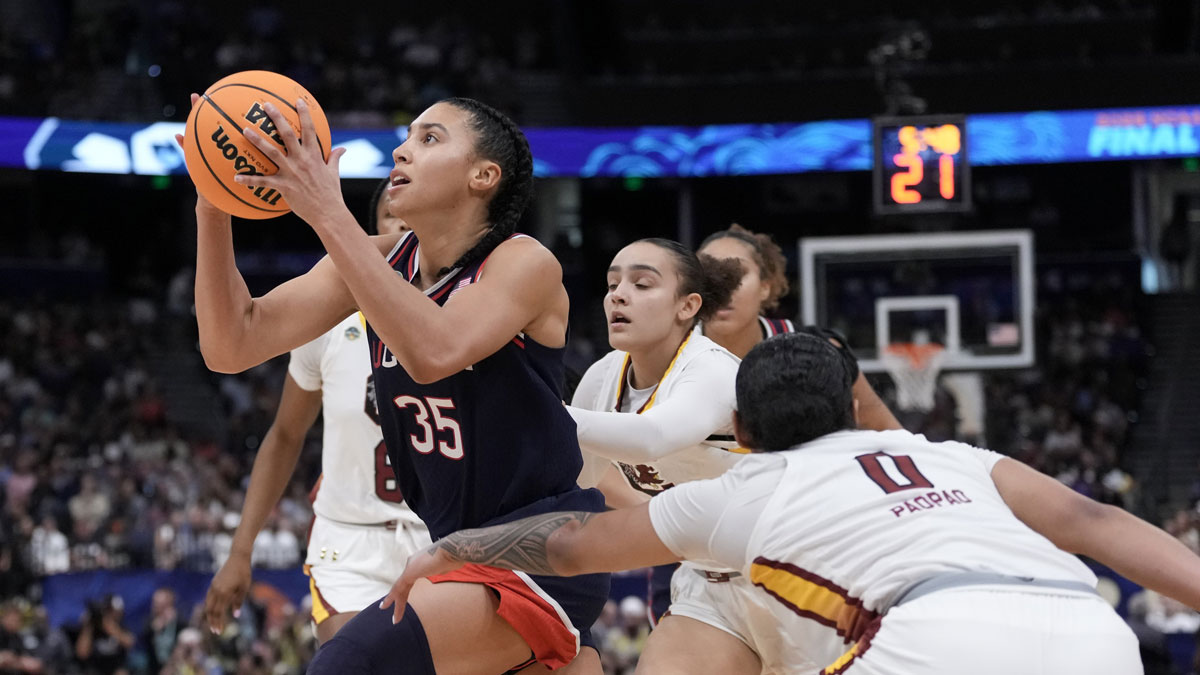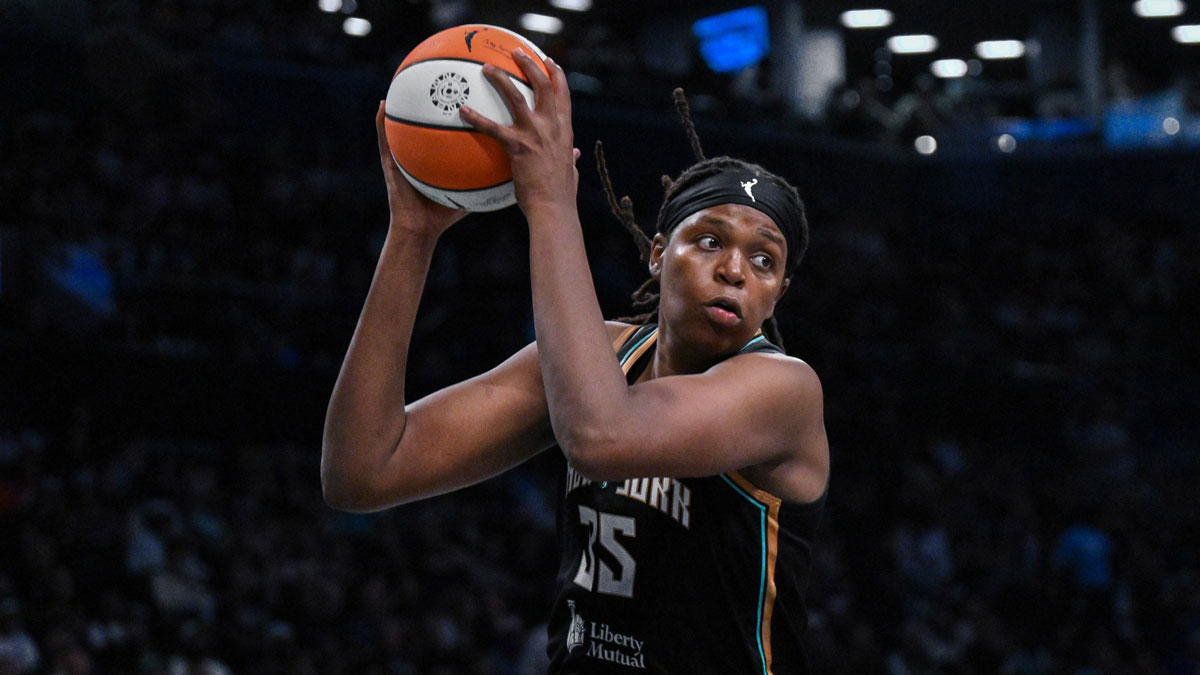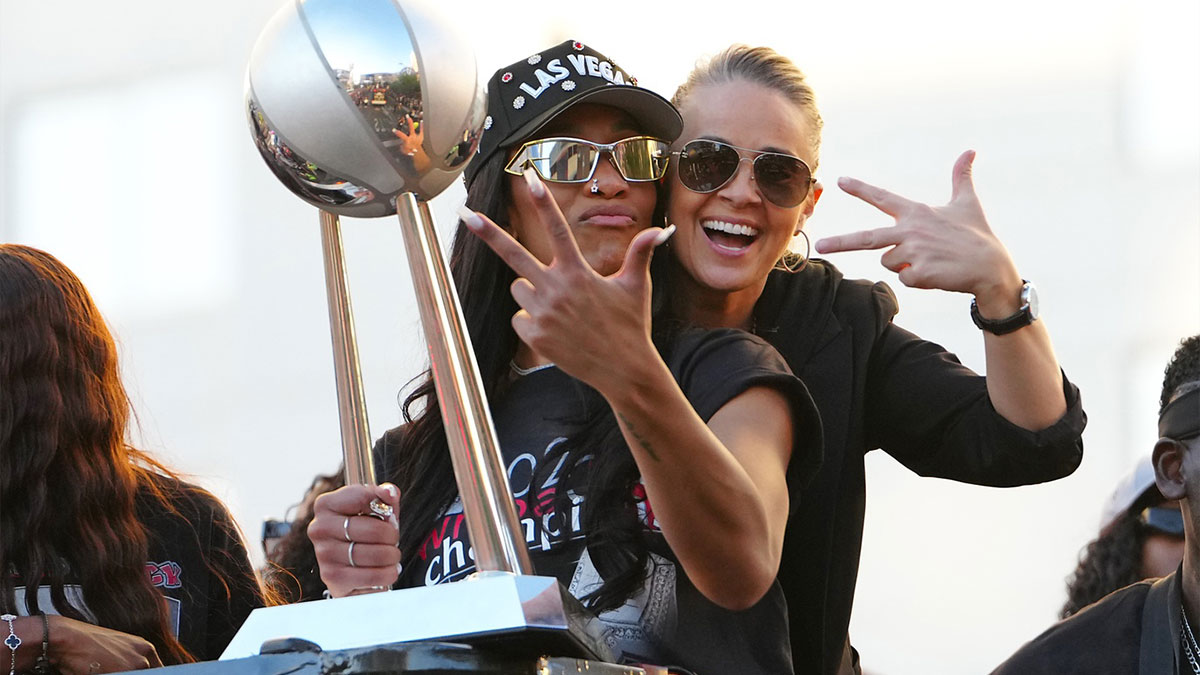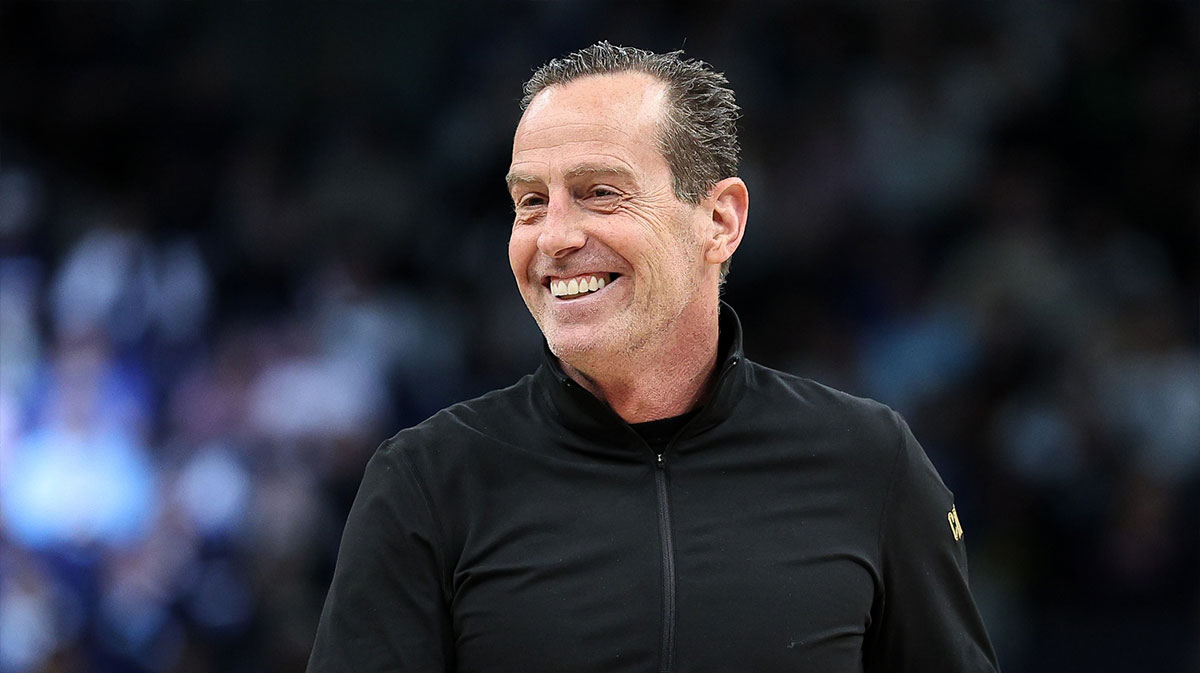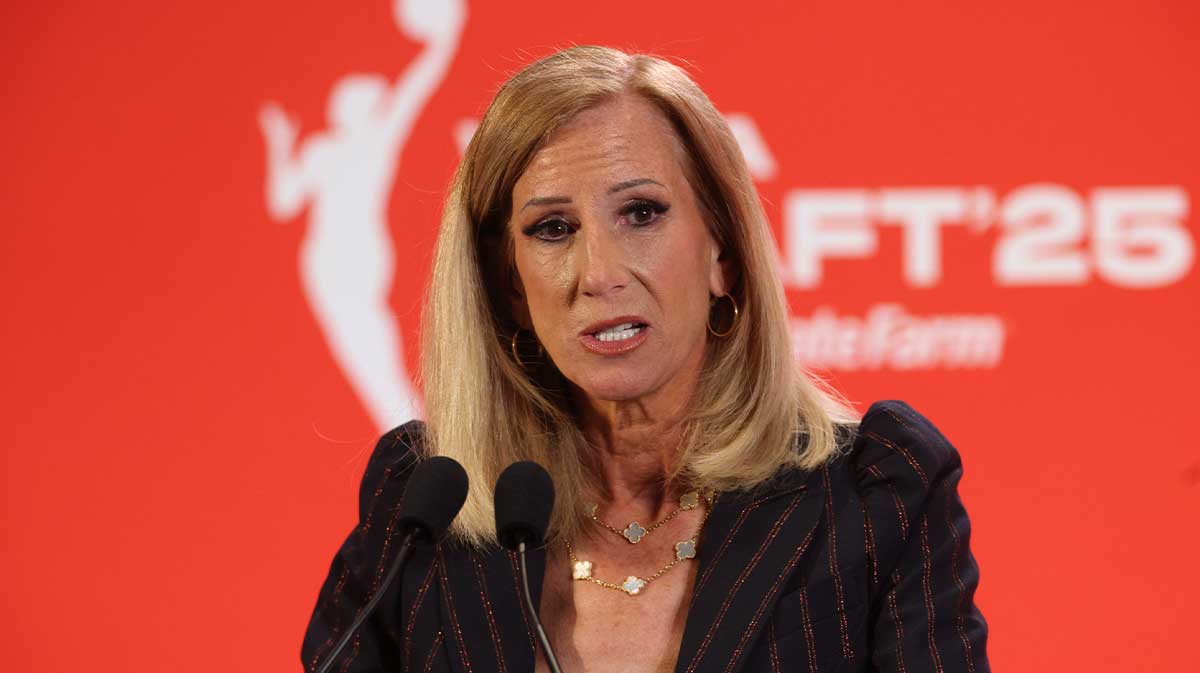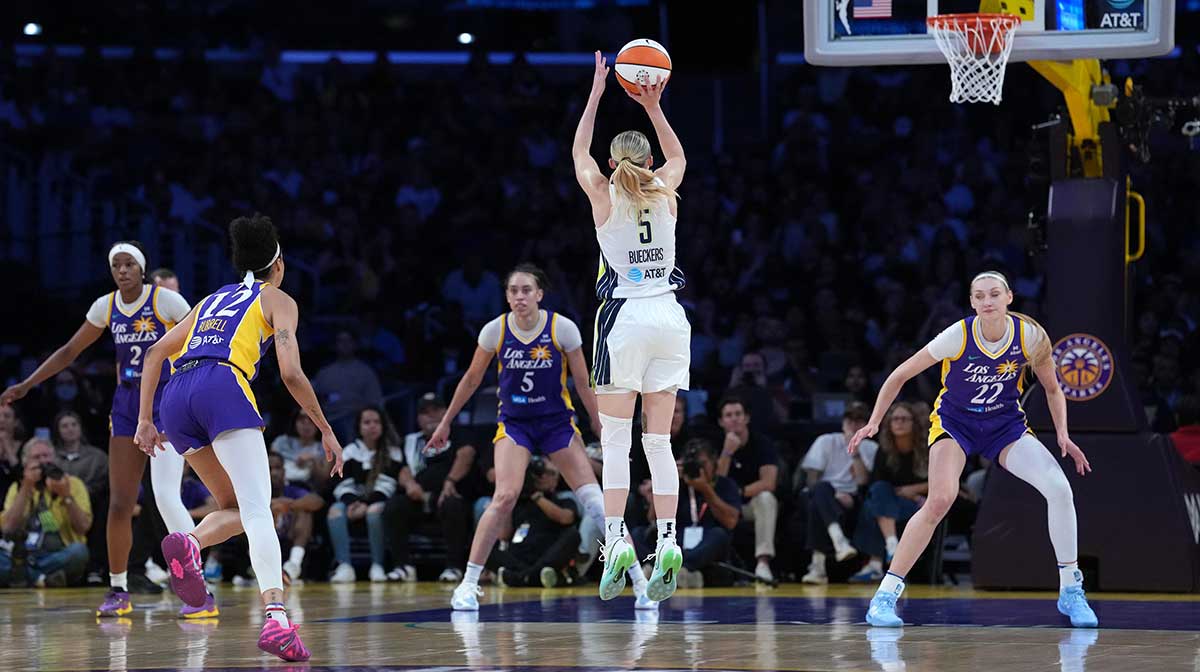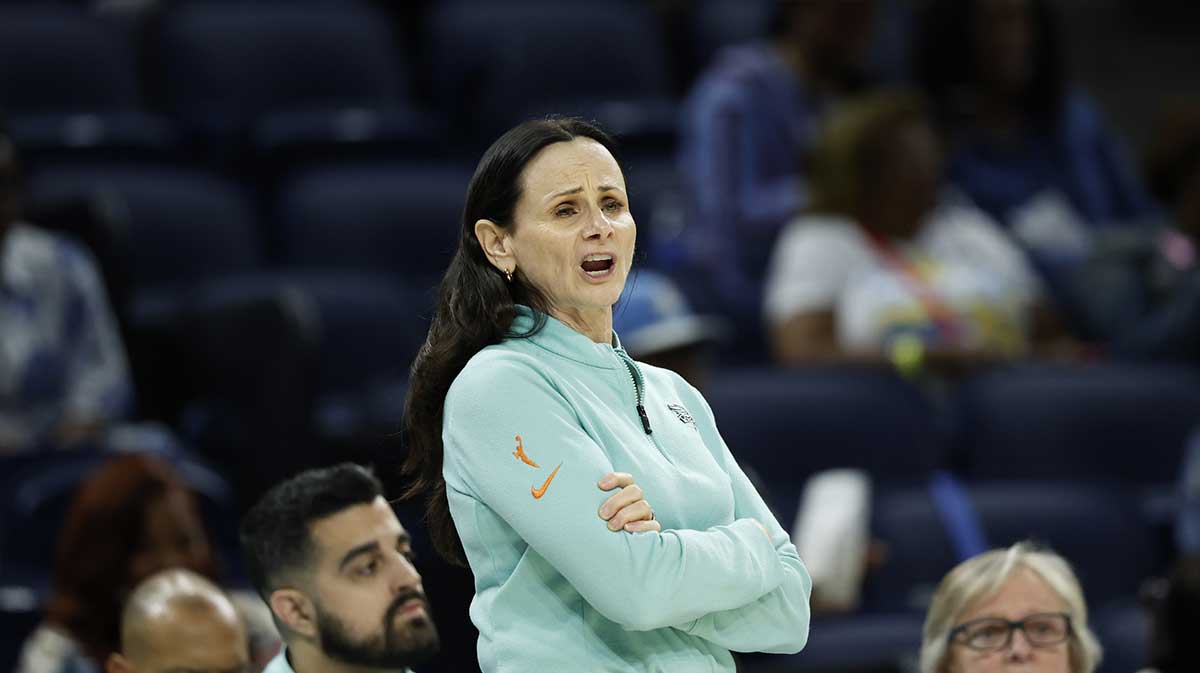A heated labor dispute between the WNBA and its players' association escalated this week after WNBPA executive director Terri Jackson issued a strong rebuttal to NBA commissioner Adam Silver’s recent remarks on player compensation.
During an appearance on NBC’s “Today,” Silver said WNBA players would see “big increases” in their next collective bargaining agreement. However, he argued that “share” was the wrong way to evaluate their salaries.
“You should look at absolute numbers in terms of what they are making,” Silver said. “They are going to get a big increase in this cycle of collective bargaining, and they deserve it.”
His comments drew immediate backlash from the WNBPA. The group has fought for a new salary model tied directly to league revenue. Recently, the players’ union reposted Silver’s quote on Instagram with the caption, “Don’t want to share?”
Jackson later released a blistering statement to multiple outlets. She accused Silver and the league of clinging to a flawed economic system that undervalues players.
“You know they know it’s bad when the best they say they can do is more of the same,” Jackson said. “What the league and teams are really trying to do is not only limit the cost of labor but also contain it through an artificial salary system that isn’t tied to the business the players are building.”
The clock is ticking on the WNBA's CBA
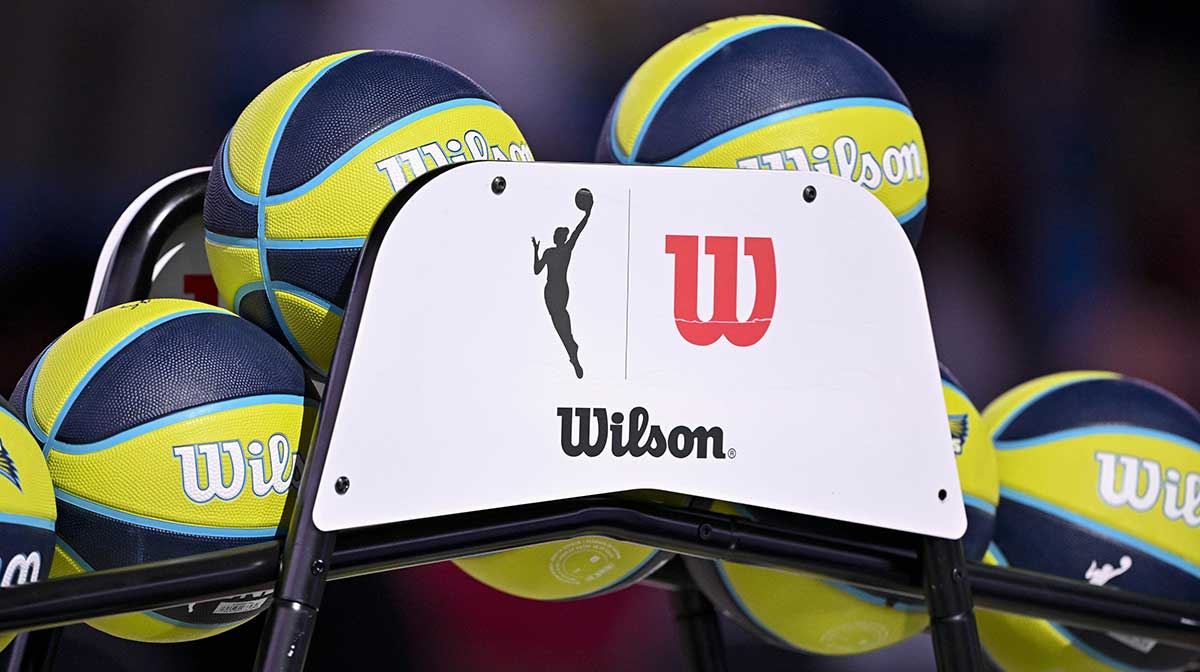
The current WNBA collective bargaining agreement expires Oct. 31, with revenue sharing and salary structure remaining major sticking points. The WNBPA’s proposal calls for salaries to scale with league growth, similar to the NBA’s model, where players receive roughly half of basketball-related income. The league’s latest offer instead includes fixed salary cap increases and what it describes as “uncapped” revenue sharing.
In a statement to ESPN, the WNBA said it “agrees that players deserve to be paid more” and that its proposal allows salaries to rise as the business expands. Still, Jackson maintains that the league’s approach lacks transparency. “Adam Silver said it himself,” she said. “Share isn’t the word. It’s not in their vocabulary.”

